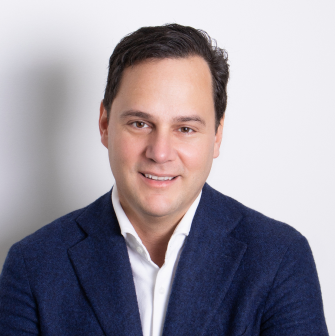Biodiversity Finance and Nature-Based Solutions
Overview
This course examines the human and economic dependencies on nature from a finance professional’s perspective, delving into the latest developments and best practices in sustainable finance. This micro-certificate empowers people to make meaningful contributions to the mitigation of biodiversity loss within their respective industries.

Details
Format |
In person or online |
| Language | English |
Accreditation |
e-certificate |
Corporate training
This course or program can be customized to meet your organization’s specific needs.
Who should attend
- Treasury professionals responsible for hedging programs
- Risk teams responsible for assessing their organization’s biodiversity impact
- ESG, sustainable investing, and corporate sustainability teams involved in program management
- Portfolio managers, analysts, and traders who lack in-house ESG and sustainability support
- Legal, accounting, and actuarial professionals involved in sustainability advisory
- Students and sustainability consultants looking to gain ESG credentials and expand their professional network
Key takeaways
- Understand the relationships between climate, biodiversity, and human interaction
- Identify corporate and investor dependencies on biodiversity, including risks and opportunities in various sectors
- Recognize the Kunming-Montreal Global Biodiversity Framework
- Apply biodiversity assumptions to corporate performance and value chain activities
- Develop a biodiversity risk mitigation strategy, including hierarchy and offset approaches, for financial portfolios
Course leaders

Jason Taylor, CFA, CAIA, MBA
Founder of Clariti Advisory and sustainable finance leader



